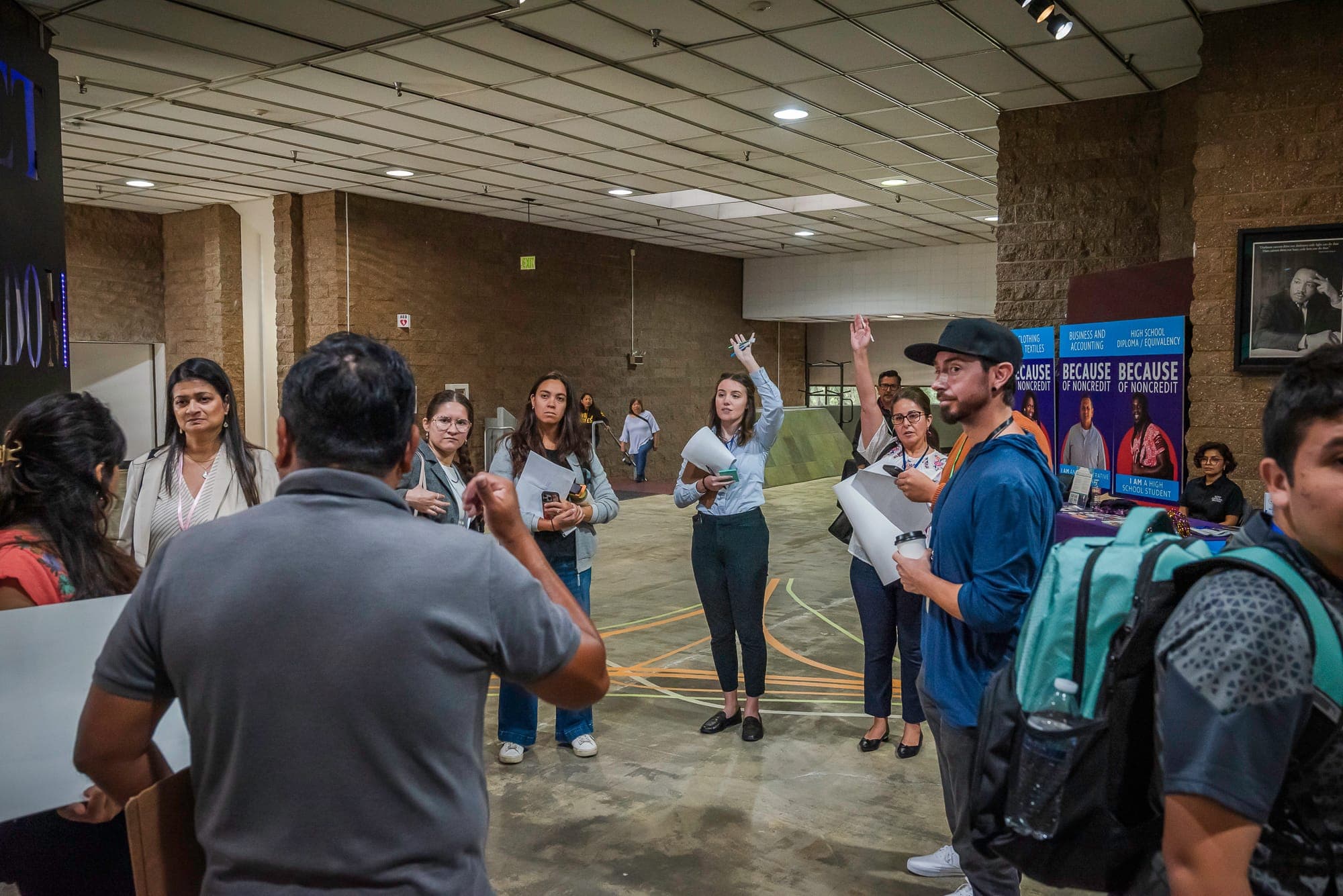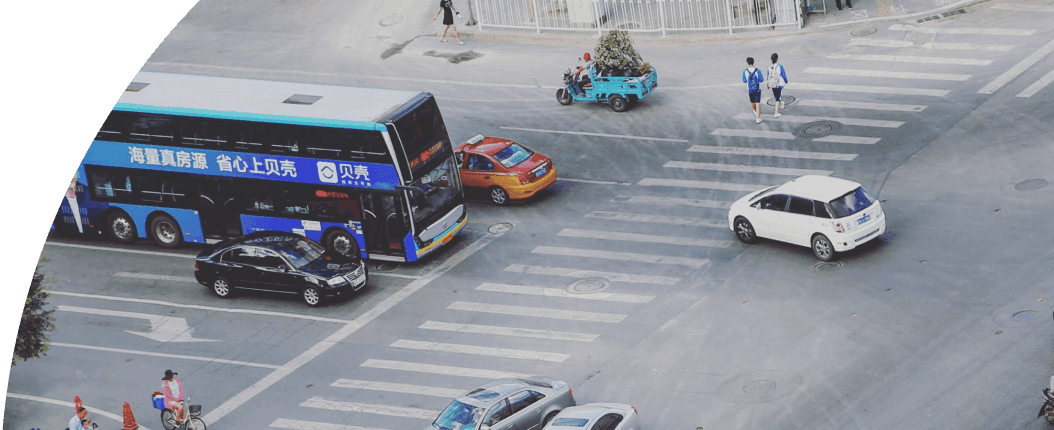
News
By Joseph Mendonca, April 30, 2024
Last month, Smart Growth America brought together partners from community-based organizations across the country to discuss climate, land use, and housing issues impacting their communities, with a special focus on strategic communications and intersectional storytelling in the climate and social justice space. The convening celebrated nine months of working collaboratively to advocate for planning policies and programs that help bolster community resilience in the face of climate change-related threats and environmental injustices. These projects have also integrated creative storytelling strategies to deepen climate justice advocacy efforts.

Our TA Partners
Over the past year, SGA has partnered with organizations including Incubate Neighborhood Center (INC) in Fort Pierce, Florida, Freedom Org in Edgecombe County, North Carolina, and Environmental Justice Coalition (EJC) to support communities that are disproportionately burdened by the impacts of climate change. We’ve also conducted smaller engagements with other organizations, including the Clean Air Coalition of Western New York (CACWNY) in Buffalo, New York, and Green Resources & Opportunities Workforce (GROW) in Houston, Texas.
Our partners—who are working to address the consequences of systemic issues like institutionalized racism, intentional disinvestment, and exclusionary planning processes—have found that climate change is not a distant, unseeable threat—the impacts of climate change are already affecting communities like theirs across the country and beyond. And worse, these disparities that have plagued their communities for years are being amplified by climate change, which means that, as climate change impacts become more severe, it is disadvantaged communities like theirs that will continue to be hit the hardest.
Convening Highlights & Takeaways
 Hosted in the American Geophysical Union (AGU) building—a LEED Platinum building and the first renovated net zero energy building in DC—our Climate Justice Convening was an opportunity for our community partners to discuss barriers, lessons learned, and successes with helping their communities increase climate preparedness and social justice.
Hosted in the American Geophysical Union (AGU) building—a LEED Platinum building and the first renovated net zero energy building in DC—our Climate Justice Convening was an opportunity for our community partners to discuss barriers, lessons learned, and successes with helping their communities increase climate preparedness and social justice.
Attendees found that they faced similar challenges as they discussed their frustrations with systems that aren’t working for them or their communities, and, in many cases, seem to be designed that way. They spoke of the difficulties their communities had while applying for climate-related federal grants and post-disaster relief funds. Both processes involved stringent and exceedingly difficult requirements and workloads being imposed on those without the capacity to comply, resulting in those who needed assistance the most going without it. They also touched on the hardships associated with advocating for climate justice in political and cultural landscapes that can be apathetic or even hostile to these aims.
At the convening, attendees heard from Brittany Bell Surratt, Senior Director of Storytelling and Communications for Hip Hop Caucus—a non-profit, non-partisan organization that harnesses the power of music, art, culture, and community-driven advocacy to inspire narrative and policy change. Brittany spoke about the need for culturally-relevant storytelling and communications to break down the silos to do this work. She shared how projects such as Hip Hop Caucus’ HOME (Healing Our Mother Earth) music album and Green Justice League animated video series are examples of how they work to address the lack of BIPOC representation in the climate space. Brittany remarked that “production is the new protest,” and that engaging both youth and elders of color can help bolster efforts for greener and more equitable communities and result in real policy change.
Despite the ongoing challenges that are felt in communities across the U.S., it is clear that our community-based partners are leading inspiring work, including building community resilience hubs, engaging residents on climate and food sovereignty, advocating for cleaner air and development away from high polluting industrial areas, increasing BIPOC representation in the green economy, and running a collective impact model to build community capacity in areas of distress. The connections forged at the Climate Justice Convening will undoubtedly strengthen our collective efforts towards climate justice and equity.
Looking Ahead
We are excited to continue working with our community partners. In the coming months, stay tuned for some exciting climate-related content from SGA’s work to support climate resilience in under-resourced communities, including through this TA program.
Related News

© 2025 Smart Growth America. All rights reserved
Site By3Lane Marketing














